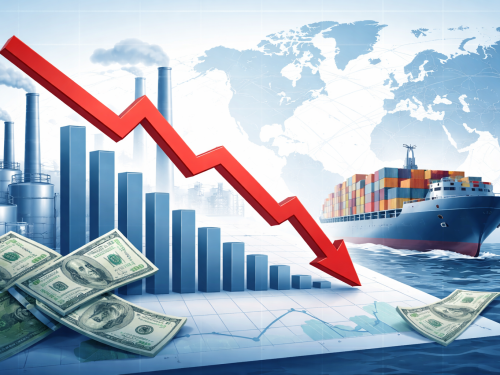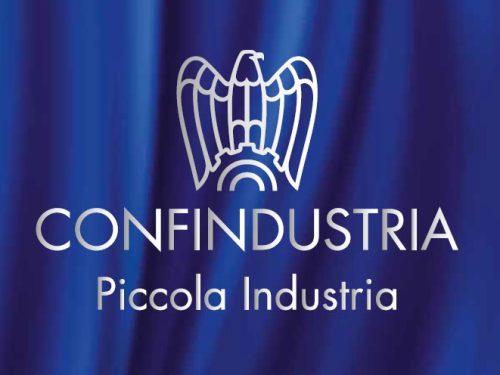News
Share on
Emanuele Orsini is the 32nd President of Confindustria
Dialogue, identity and unity i tthe pillars of the programme
'Dialogue, identity and unity: these are the key words that must guide us in our activities over the next four years'. Thus Emanuele Orsini opened the inaugural press conference at the end of the private delegates' meeting, which elected Emanuele Orsini 32nd President of Confindustria for the four-year period 2024-2028with a record participation of 98% of those eligible to vote and a voter turnout of 99,5%.
'I am very happy. The vote has shown that our system, after a somewhat heated election campaign, has managed to recompose itself immediately,' said the new president before presenting his programme in 'ten chapters': from Europe to energy, from investment to human capital, from the South to infrastructure, from legal certainty to transport, logistics and the tourism industry.
In June there will be European elections and Europe was the first point Orsini focused on: 'in Europe we need to work on a real EU industrial policy and dismantle ideological anti-industrial attitudes. We need a cultural change to turn the tide and we hope that the next commission will put industry, competitiveness and growth at the centre,' said Orsini, emphasising that there are some issues of concern, such as packaging and the 2035 stop for the endothermic engine: 'we do not agree and we will continue to say so, we need technological neutrality'.
Putting industry back at the centre of European action is a necessary goal. Tied in a double thread with the great energy chapter, which 'is an issue of competitiveness but also of national security. We need energy independence,' Orsini emphasised, 'but it is impossible to get there with renewables alone, we need an energy mix and we need to support nuclear power, with clean technology and the latest generation, while maintaining a national electricity grid, because this is a strategic interest. And in the meantime realise the single European energy market, another key element for EU competitiveness'.
Just as fundamental, as accelerators of the country's growth, are investments. So they must be strongly reactivated. "We need to implement Industry 5.0 immediately, which is, however, linked to the NRP, while,' said Orsini, 'we need a longer vision, five-year measures, and to define the guidelines for development contracts.
And speaking of infrastructure, transport, logistics and tourism, Chairman Emanuele Orsini pointed out that these are strategic chapters in which there is much to invest. The Strait Bridge is fine as is any new infrastructure, 'but we need to get there, to the Strait,' so we need connecting infrastructure. On differentiated autonomy, 'some chapters' need to be reviewed, 'we need to do some more complex thinking', because on issues such as energy, logistics and infrastructure 'we cannot divide' the North from the South. "At a time when with great force we are calling for the united states of Europe. It is necessary to promote the industrial development of the South, to break down the economic and social gaps. It is essential to bring the level of employment between the South and the North closer together'.
And the message to the government and unions is: 'Let's sit down to confront each other, with everyone. We are there', with an invitation to confrontation, 'which must not be confrontational but constructive'. We need 'a country vision. What everyone must have in mind is an idea of growth. Once this is done, we all win'. But there is no shortage of firm points, such as the reference to the referendum promoted by the CGIL: 'At a time when young people are selecting companies to work in,' one cannot talk about Jobs Act, Orsini said. But with the confederations the confrontation on wages, representation, and pirate contracts must be resumed and, to do so, 'it is necessary for the unions to be compact'. We will have to talk about productivity and welfare, said Orsini, who relaunched a housing plan, to give rents at a sustainable cost, both to immigrants and to Italians who move within the country for work, especially young people.
But as a precondition and central point of the entire programme, there is legal certainty because 'the entrepreneur wants to know the rules of the game, to enact retroactive regulations means that the business world can no longer trust the government and the institutions,' said Orsini, citing the Superbonus affair as an example.
The basis of the confrontation with the government, Orsini concluded, will be on 'Confindustria's proposals at zero cost or on those to be considered an investment': industrialists are aware that the margins for action are narrow, as on the budget law, 'but virtuous paths can be built to give a boost to the economy'.




